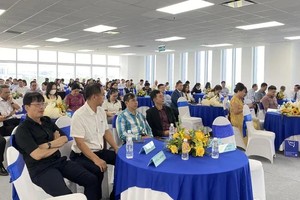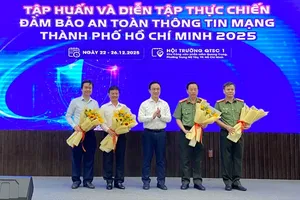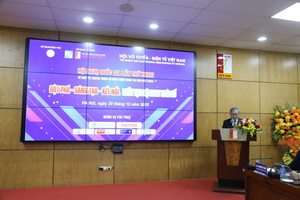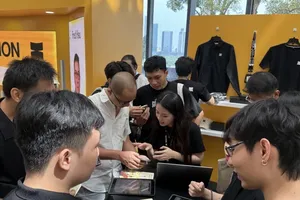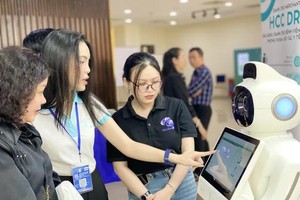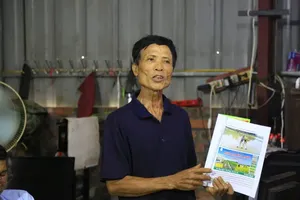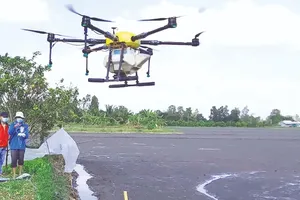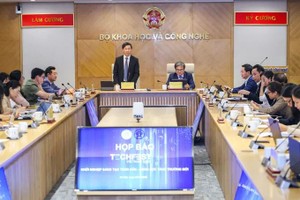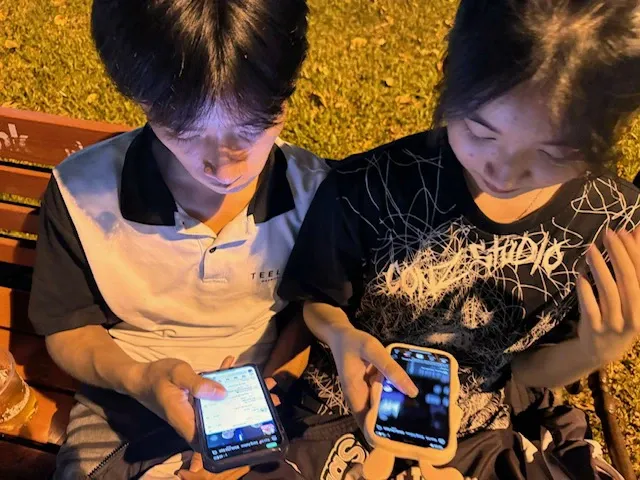
“The positive impacts of social media in today's life are undeniable. However, it is also a breeding ground for negative trends, unhealthy behaviors against traditional customs and values, and the dissemination of false, harmful, and misleading information. More seriously, online scams and crimes in Vietnam are on the rise, causing not only financial losses but also psychological harm," shared Phan Nguyen, owner of a mobile device store on Tran Quang Khai Street in District 1 of HCMC.
Nguyen’s opinion is also the general consensus among many social media users and management agencies. According to technology experts, the main cause of this situation is that most cross-border social media platforms operating in Vietnam allow account holders to remain anonymous, leading to irresponsible behavior such as making offensive comments, sharing illegal content, and buying and selling banned goods.
As to the proposal of the HCMC Information and Technology Department on the mandatory identification of social media accounts, public concern stems from the risk of personal information being leaked or exposed. To register an account, users must provide relevant information such as their phone number, full name, and ID card image.
According to the management agency, the trend of online scams is increasing, making it necessary to supplement the regulation that social media platforms must verify accounts through Vietnamese mobile phone numbers.
Content associated with specific individuals also makes users more aware and responsible when posting, sharing, and commenting, and hence an effective way to reduce scams, fake news, defamation, and insults to others.
Many opinions also agree that identifying social media accounts is a necessary solution to help protect the rights and legitimate interests of individuals and organizations in the virtual space.
The Ministry of Information and Communications has solicited public opinion on the draft decree replacing Decree No.72/2013/ND-CP on the management, provision, and use of internet services and information on the network. This includes regulations on verifying social media user accounts through Vietnamese mobile phone numbers.
All social media account holders, whether individuals or organizations, will have to identify themselves by providing their personal information, such as their real name, phone number, email address, or ID card to prove their identity. This applies to both domestic and cross-border social media platforms, including Facebook, YouTube, TikTok, and Twitter.
According to Director Le Quang Tu Do of the Authority of Broadcasting and Electronic Information (Ministry of Information and Communications), user verification on social media has been discussed in the past. Verification is often done through three methods of email, phone number, or ID card. Among these, the second one is considered the most suitable option in Vietnam, given the trend of users using mobile devices more frequently.
The database for verifying social media users is being implemented more accurately as the Information and Communications Ministry and the Public Security Ministry have also been implementing the identification of telephone subscribers in Vietnam through the National Population Database.
In addition, the Law on Cybersecurity stipulates that domestic and foreign enterprises providing services on telecommunications networks, the internet, and value-added services in the Vietnamese cyberspace have the responsibility to verify information when users register accounts and provide information to the specialized cybersecurity protection forces when requested to serve the investigation and handling of violations of the law on cybersecurity.
When investigative agencies request the verification of accounts suspected of illegal activity, the Ministry of Information and Communications will employ a collaborative mechanism involving the Authority of Information Security, the Vietnam Internet Center, and the Authority of Broadcasting and Electronic Information to identify the account holders.
While identification is successful in some cases, challenges arise when accounts utilize cross-border Over-the-Top (OTT) messaging applications. These obstacles are partially addressed by the amended Telecommunications Law, which mandates that foreign OTT applications adhere to the same regulatory standards as domestic platforms. Failure to comply will result in the blocking of these applications.
